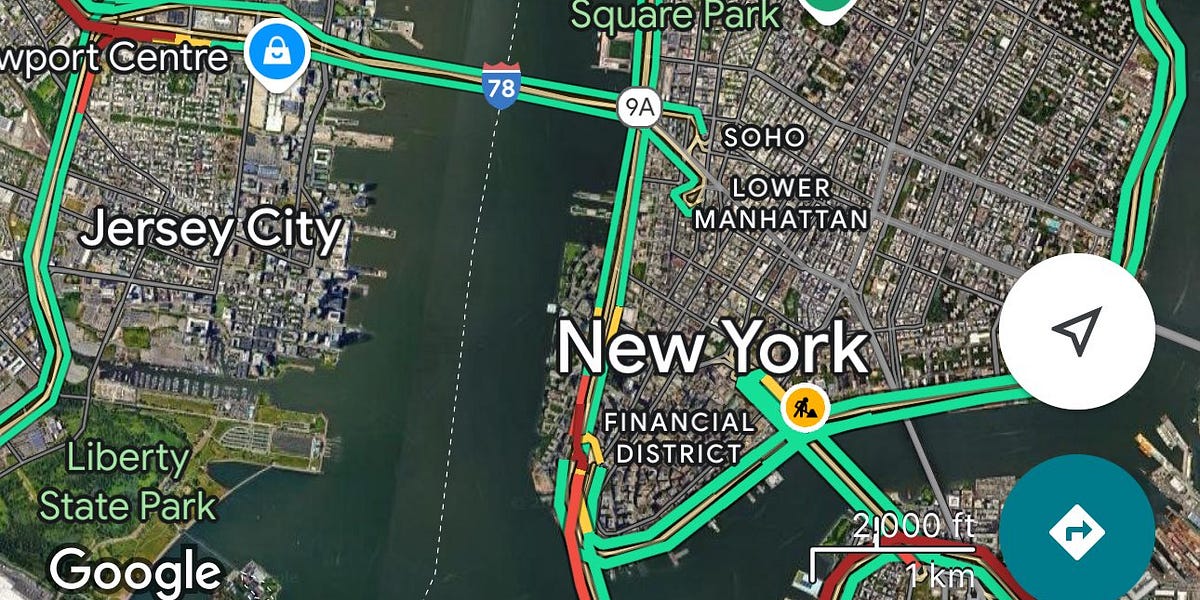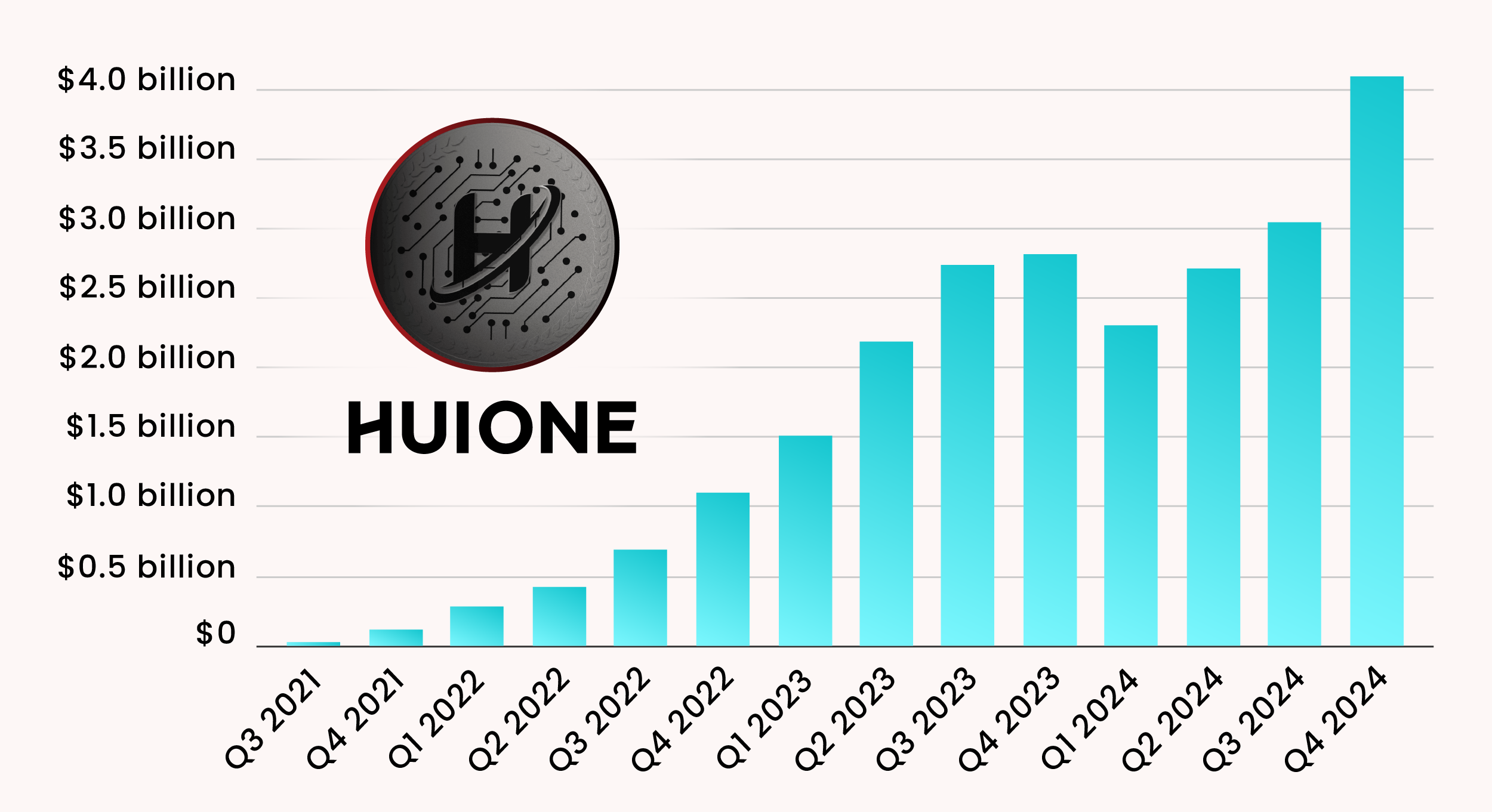
In Honduras, Libertarians and Legal Claims Threaten to Bankrupt a Nation
ROATÁN, Honduras—Years later, Luisa Connor and Vanessa Cárdenas would look back ruefully on the day foreigners visited their beachfront village with plans for a development next door. They had no idea the effort was backed by Silicon Valley billionaires who wanted to build a “startup city,” or that a relatively new Honduran law would allow them to establish this semi-autonomous enclave. They could not foresee they would lead a fight against it that would launch their village into national politics and prompt an international legal dispute, threatening to bankrupt the country. They thought it was just another hotel.
Crawfish Rock is a fishing village of a few hundred people on the island of Roatán. It is the kind of place where children roam free, scouring the forest for iguanas or catching crabs under the Caribbean’s glassy waters.
It is also the site of Próspera ZEDE, a libertarian experiment in market-driven governance whose backers are suing Honduras for up to $10.775 billion. Prospera’s Delaware-based creator, Honduras Próspera Inc., argues its project has a right to continue operating even though the law that enabled it was repealed two years ago, and that it should retain that right for 50 years. To make this claim, Honduras Próspera cited a trade agreement Honduras signed with the United States, where the investors are based, and an unrelated treaty with Kuwait.


















/cdn.vox-cdn.com/uploads/chorus_asset/file/25831586/STKB310_REDNOTE_XIAOHONGSHU_B.jpg)



